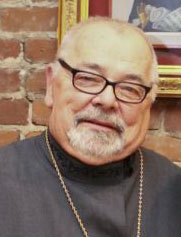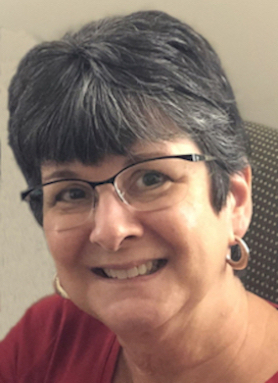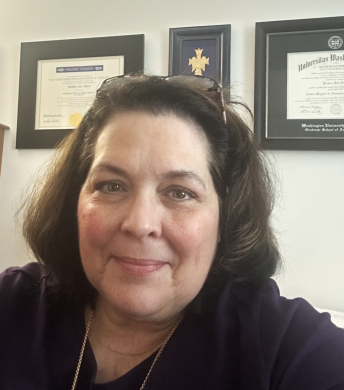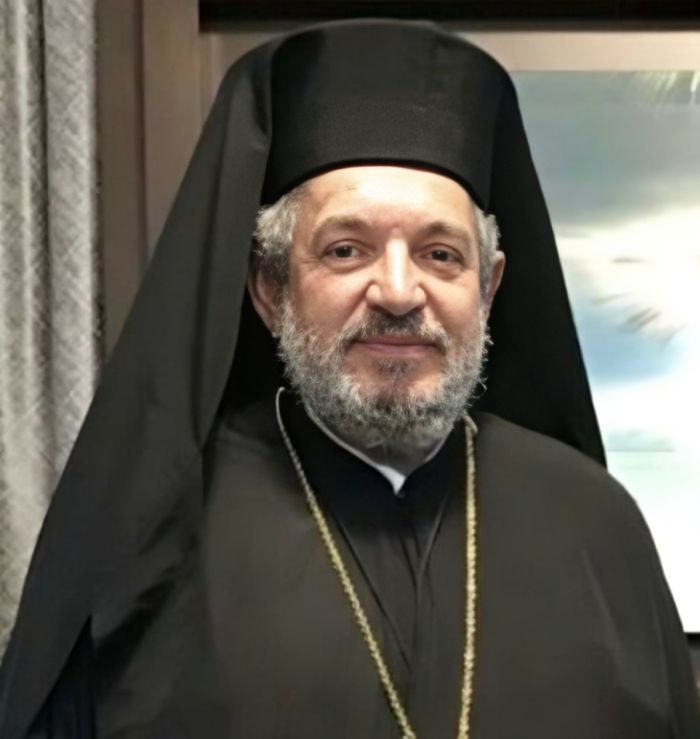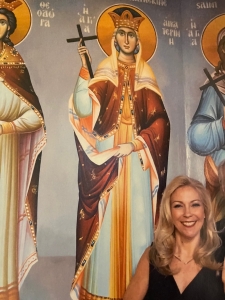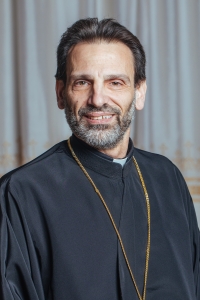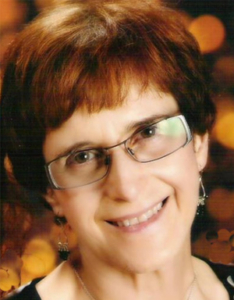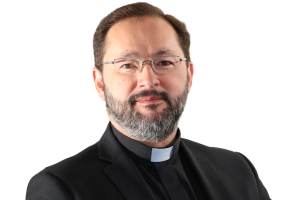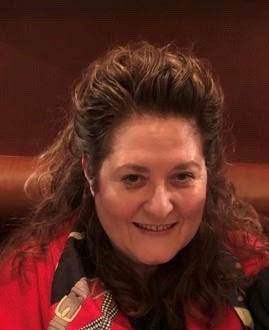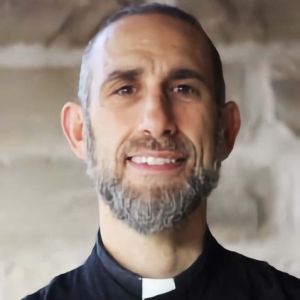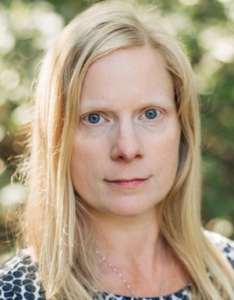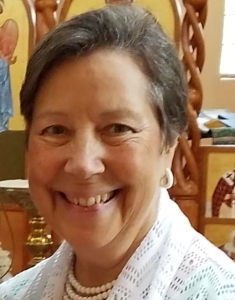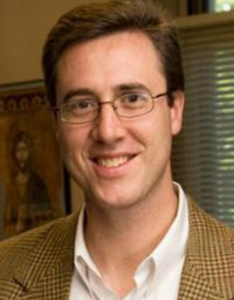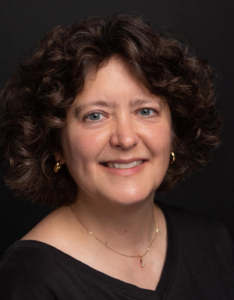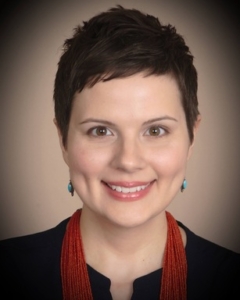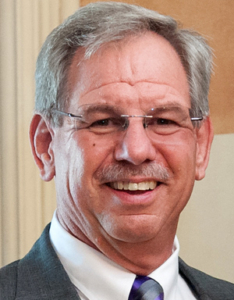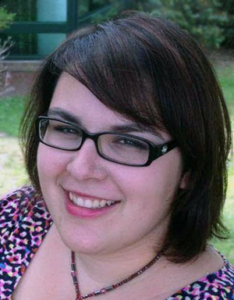Patriarchate of Alexandria’s Blessing of Deaconesses Inspires Encouraging Response from Distinguished Theologian, Emeritus Professor Evangelos Theodorou
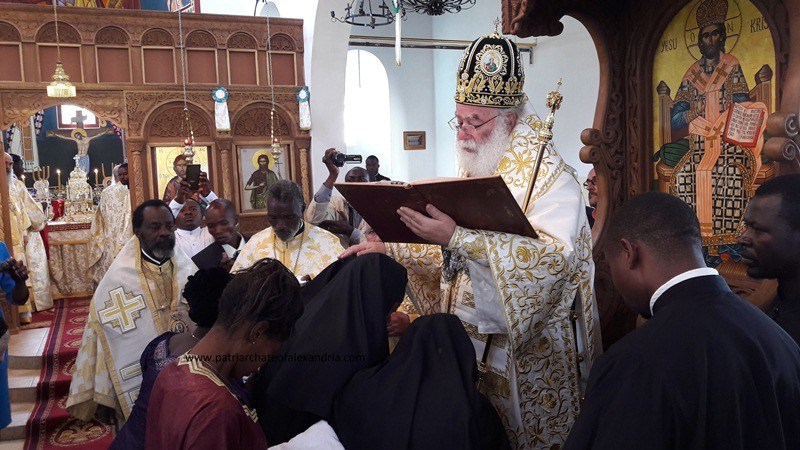 Submitted by:
Submitted by:
Presvytera Dr. Kyriaki Karidoyanes FitzGerald
During a telephone interview on Saturday, February 18th, 2017, the distinguished theologian, Emeritus Professor Evangelos Theodorou of the University of Athens School of Theology, respected authority of liturgical theology and the historiography of the ordination of deaconesses shared his appraisal regarding the recent blessing of deaconesses for the Orthodox Church in Africa to assist in the mission field.
For the original news release, see:
http://basilica.ro/en/patriarch-theodoros-of-alexandria-performs-first-consecration-of-deaconesses/
Professor Theodorou emphasized that,
This is a fresh and important step. The Synod’s decision to respond to pressing contemporary pastoral need is rooted in much prayer, study and discussion. As the Holy Apostles in the Book of Acts guided by the Holy Spirit responded to the pressing needs of the Church in their context, so likewise, guided by the Holy Spirit, is the Holy Synod of Alexandria responding to this and other needs confronting the growing Orthodox Church in Africa.
The original news release indicates these devout and tested women were received with a cheirothesia (laying on of hands), apparently similar to a sub-deacon. While no orarion (diaconal stole) was conferred on the candidates, the beautiful photographs nevertheless, depict the new (sub)deaconesses wearing the sub-diaconal towel on their heads and carrying the sub-deacon’s water-bowl. This is truly significant and lovely!
That these newly appointed lay-ministers are identified as “deaconesses”, follows an important historical precedent. For example, “monastic-deaconesses” (nuns appointed as sub-deaconesses) ministered to incarcerated women in jails and prisons on behalf of the Archdiocese of Athens (1930’s).
This action undertaken by the Patriarchate of Alexandria, indeed is a wise first step. God-willing, may they sooner rather than later discern throughcheirotonia (ordination) faithful and tested female servants of God to the diaconate; as were St. Phoebe (1st c.), St. Olympias (4th c), St. Irene of Chrysovalanton (9th c) and numerous other holy women.
The Professor advised Saint Catherine’s Vision’s 2014 international: Call for the Rejuvenation of the Ministry of the Ordained Deaconess . Together with SCV he emphasized,
…The deaconess can serve the ever-expanding needs of the local church under the direction of the bishop. She can assist in areas such as pastoral care, education, mission, and philanthropy. She can expand the outreach of the church particularly through evangelism and witness as well as care for the sick, destitute and unchurched. She can bear witness to the values of the Gospel in the wider society.









